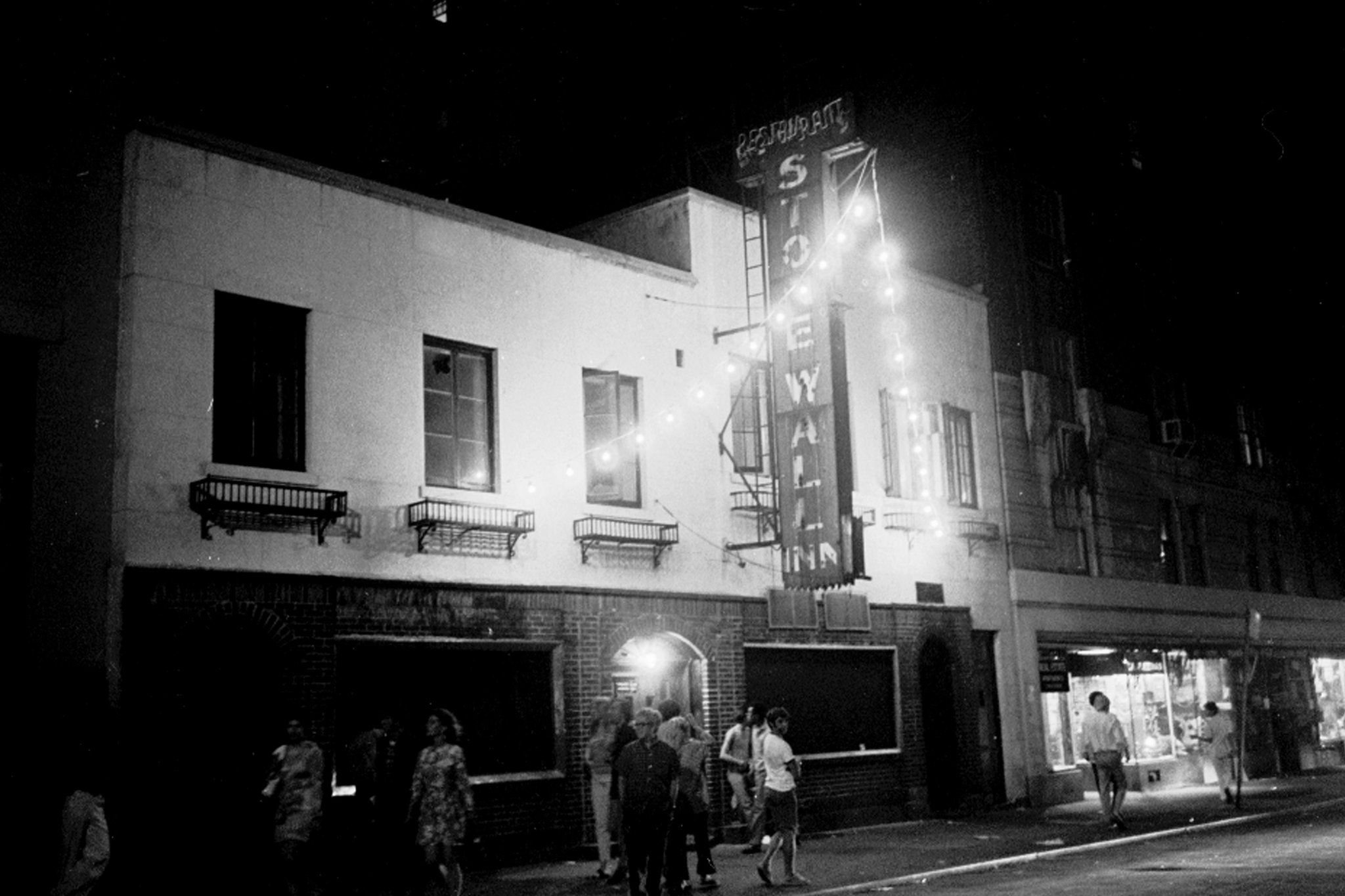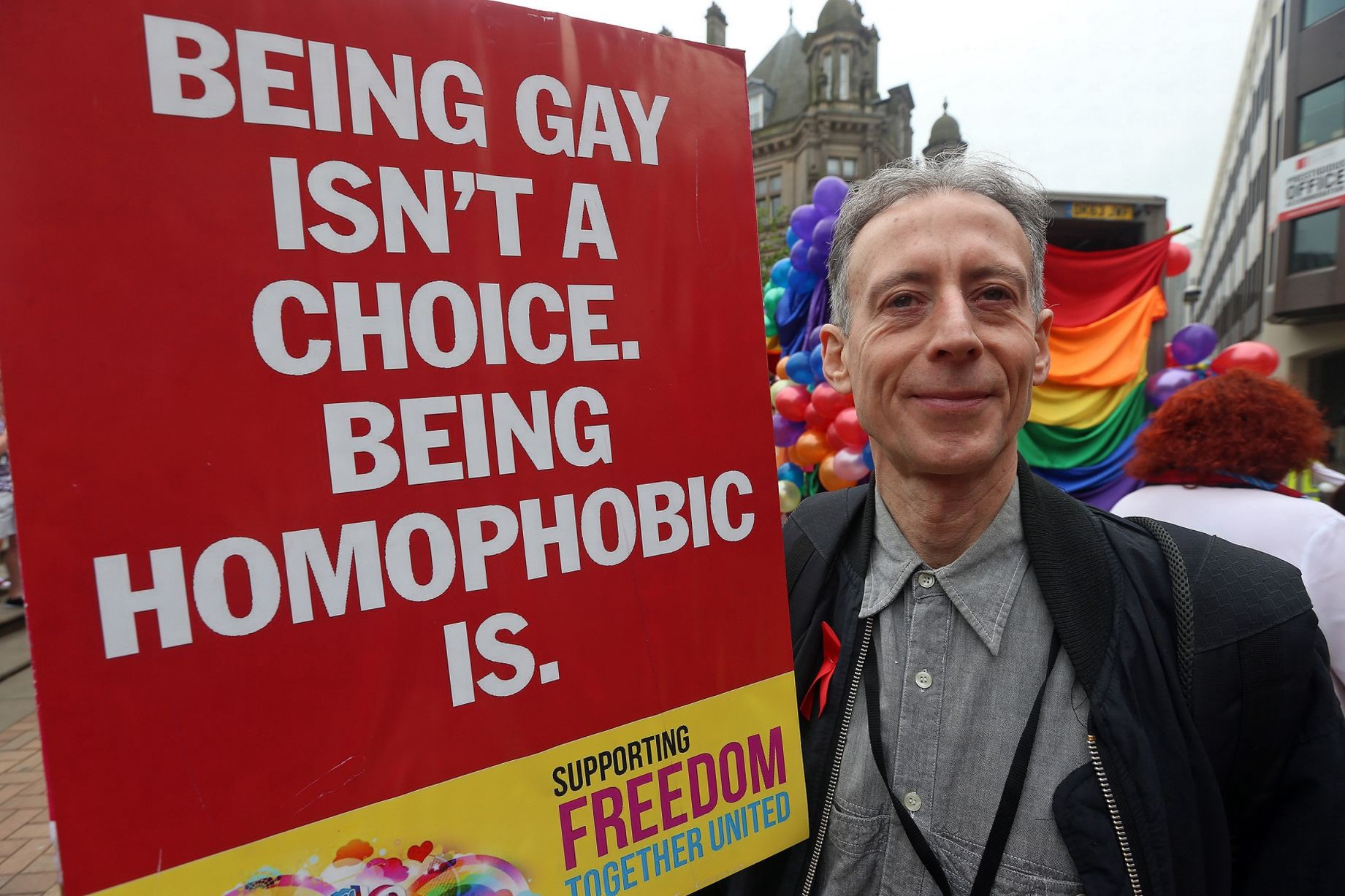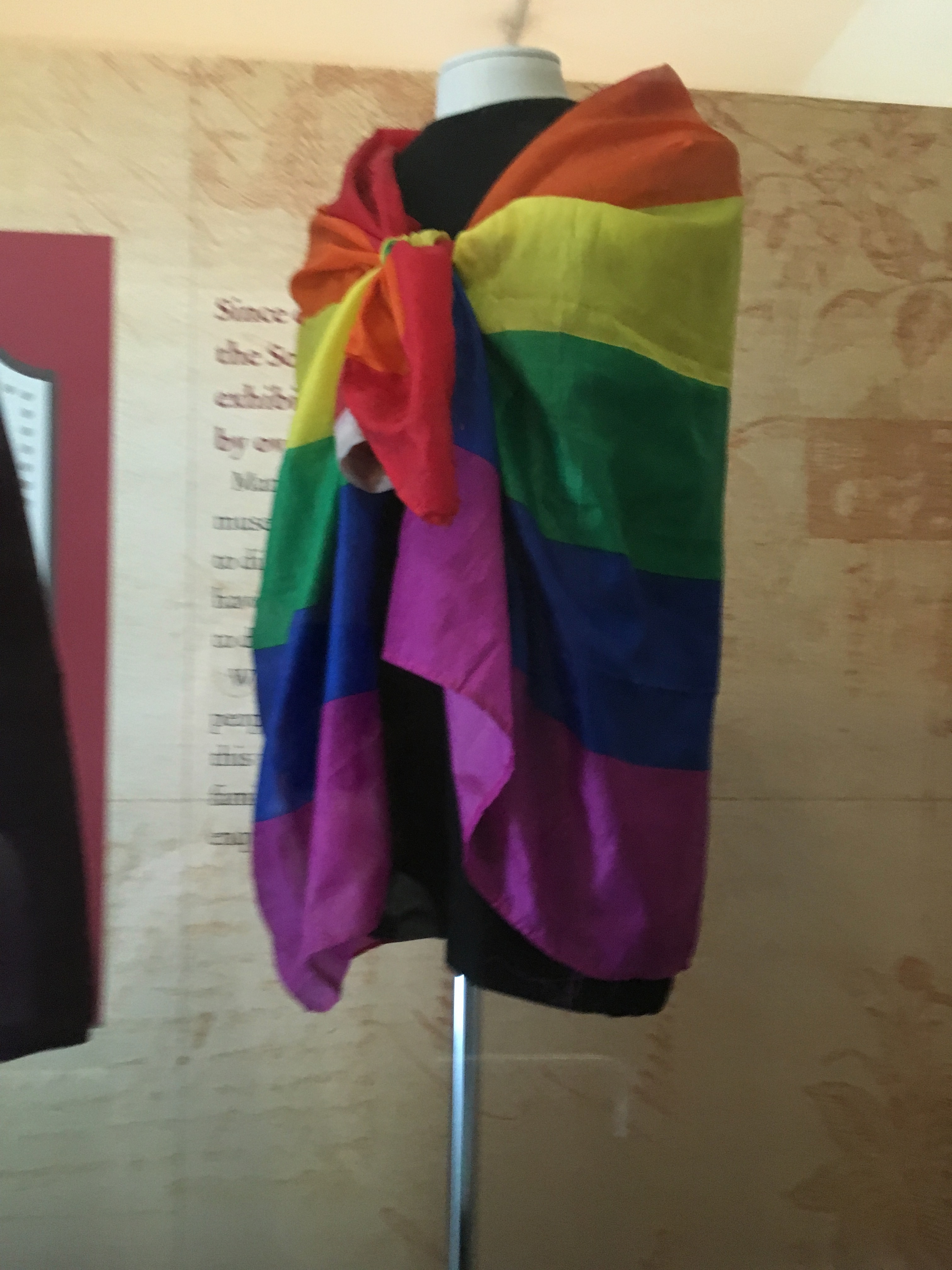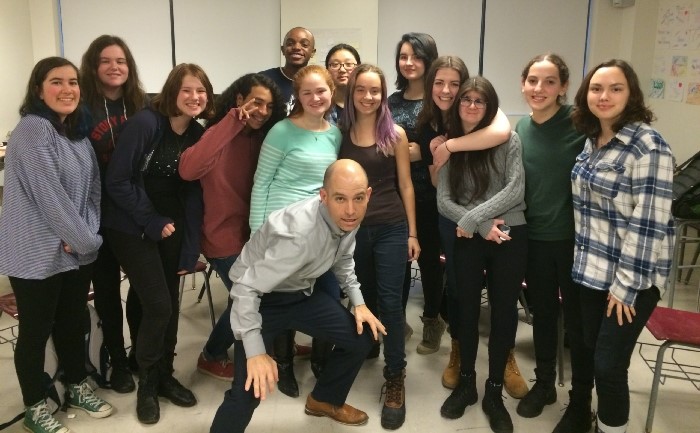To introduce you to our newest grant recipients, we’ve started Fellow Friday. Last week, we highlighted a fellowship focused on the bee population & environmental science. To begin Gay Pride Month, we chose to focus on two teachers who designed their fellowship to link gender, art and story.
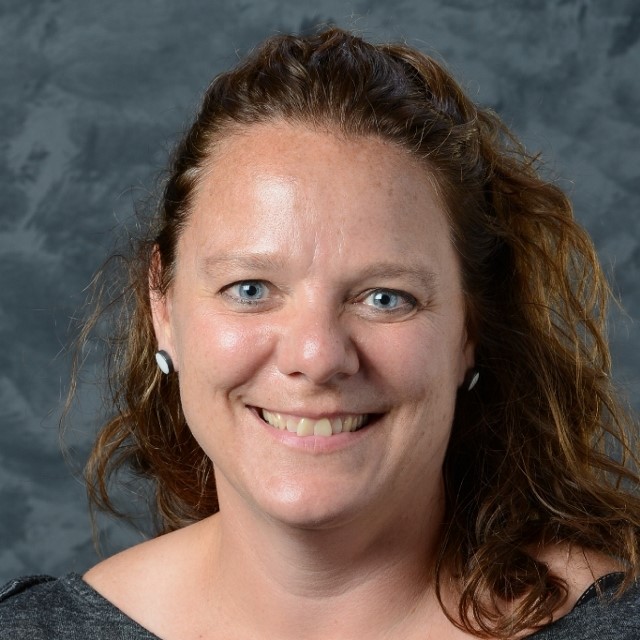
Liz Lutz & Elizabeth DelConte (Fayetteville Manlius High School – Manilus, NY) will research across France gender disparities in Auguste Rodin and Camille Claudel’s artistic relationship to create a unit of study related to gender and representation in the world of art that springboards student exploration of competing narratives through Literature and writing.
Click here for a complete list of grant recipients
“Despite the sheer number of authors and poets writing, our high school students remain exposed to very few writers; those authors they do spend time with still tend to represent mainstream culture: white, male, and straight,” wrote the teaching team in their grant proposal. “We believe that students deserve to be exposed to many voices and stories. Equally important is giving students a chance to experience those stories through competing or complementary voices.”
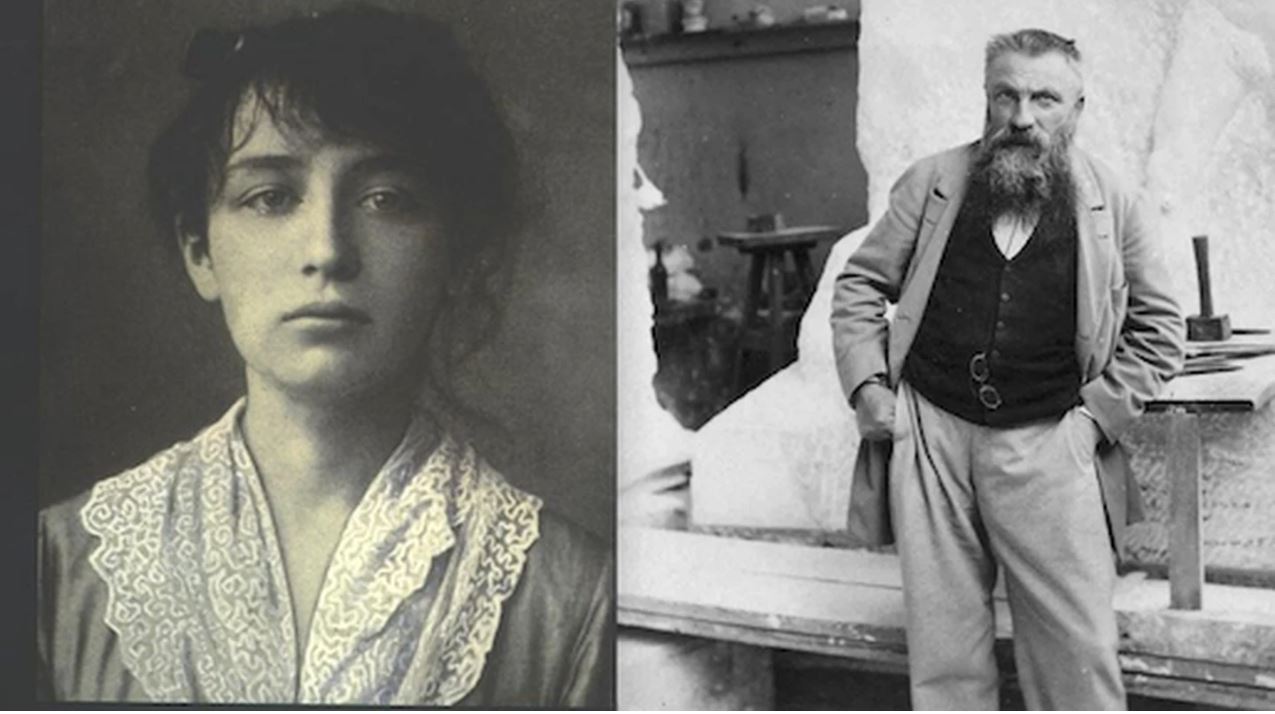
Camille (left) and Rodin (right) | © Unknown/WikiCommons (left) © Paul François Arnold Cardon (a) Dornac/WikiCommons (right)
The primary vehicle for this research will be women’s representation — and the lack thereof — in art history. Through research at the Louvre and Musee D’Orsay in Paris, Liz and Elizabeth will document female artists’ works placement relative to their male counterparts within the museums, as well as stories presented about their work. Observing artwork at the Musée Rodin and Musée Camille Claudel (Rodin’s apprentice/mistress) will provide further material for a new “Competing Narratives” class this fall. Finally, visits to Monet’s home in Giverny and also Versailles allow for reflection on the roles of women in art and history and, as the duo wrote, “unearth forgotten stories” to share with students in 9-12 English classes, as well as those in elective courses including History and Structure of the English Language, Gender and Literary Studies, Creative Writing, and Film Studies.
Helping students who feel “other” is the driving motivation behind this fellowship. According to Liz and Elizabeth, the school’s student body has a growing number of students who identify with the LGBTQ community, but that is only one population that tends to feel marginalized: Students who are not high-performing, as well as those with less financial means struggle with mental health issues (which Claudel also experienced).
“We want them to fully experience the issues with representation. This can then be extended to an understanding of how diversity and equity rely on first-hand knowledge. The diversity that many of our students experience is limited, so we want them to understand how limiting that is when attempting to understand others,” they said. “So many of our students express an interest in the stories of the often-silenced. We’d like to harness this energy and curiosity and bring it into the classroom. Our project gives students a chance to broach these conversations in the safe space of the classroom.”
One more thing inspired this work — students’ hunger for change.
“Students have explicitly called for new texts and authors to be added to the curriculum as a way to challenge the often white, male, straight voices typically taught,” said Elizabeth and Liz. “We hope our fellowship will inspire more students to challenge the narratives that reign even here in our school and classrooms. Certainly students who are interested in uncovering silenced stories will be in a unique position to instigate positive change.”
“Now more than ever, it is imperative that we invest in the most important component of any classroom — the teacher,” said Karen Eckhoff, Executive Director of FFT. “Educators are facing countless challenges every day, and Fund for Teachers is dedicated to further diversifying the ways that we can support them. Our grants represent trust in teachers’ professionalism, creativity, and vision, offering flexibility to meet the unique needs of each classroom, with the students remaining the ultimate beneficiaries as they continue to grow and learn in today’s ever-changing world.”
We look forward to introducing you to more 2022 FFT Fellows next Friday!
